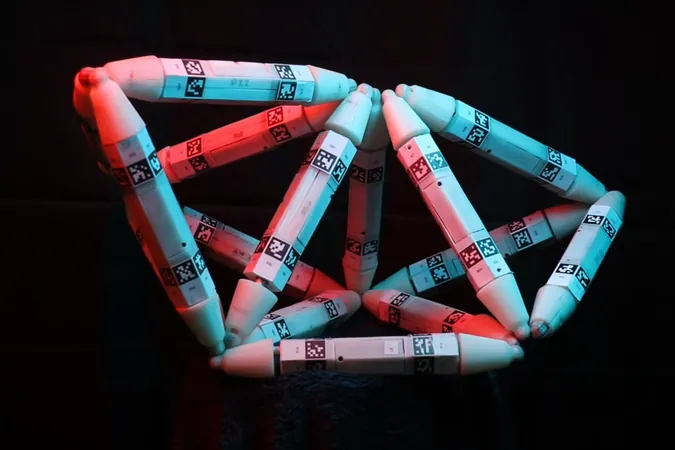
Revolutionary Robots That Feed on Their Own Kind: A New Era of Autonomy!
2025-07-22
Author: Amelia
Meet the Cannibal Robots Changing the Game
In a groundbreaking development, scientists have created a cutting-edge robot that not only grows and heals but does so by consuming other robots! This innovative design, championed by researchers at Columbia University, marks the dawn of a self-sustaining robotic future.
True Autonomy: Robots That Think and Feed
"True autonomy signifies that robots need to think independently while also sustaining themselves physically," explains Philippe Martin Wyder, lead researcher. Just as living organisms absorb resources from their environments, these new robots can adapt and repair themselves using materials they harvest from their surroundings or from fellow robots!
Introducing 'Robot Metabolism': The Future of Robotics
Employing a fascinating process known as "robot metabolism," these machines can absorb and repurpose parts from discarded robots. A standout demonstration features a robotic stick called the Truss Link, which can expand, contract, and attach to various modules. This flexibility allows the robot to self-assemble and enhance its performance by incorporating new components.
Incredible Speed Boosts through Innovation
Imagine a tetrahedron-shaped robot that integrates a new Truss Link, allowing it to speed up by over 50%! This showcases not only the adaptability of these robots but also their potential life-changing applications.
AI Meets the Physical World: A New Frontier
According to Columbia Engineering, "Robots serve as a digital interface to the physical realm, empowering AI to take on practical tasks." With these adaptable robots, AI could revolutionize how we explore oceans, respond to natural disasters, colonize distant planets, and assist in our daily routines.
A Vision for the Future: Machines That Grow
Dr. Wyder emphasizes that robot metabolism brings forth an entirely new dimension of autonomy, allowing AI to evolve not just cognitively but physically. This paradigm shift promises applications in specialized fields like disaster recovery and space exploration, paving the way for AI that can construct physical structures or robots similarly to how it currently handles data in your emails.
Exploring the Research Behind the Breakthrough
The research findings were recently published in the journal Science Advances, featuring a study titled ‘Robot Metabolism: Toward Machines That Can Grow by Consuming Other Machines.’ This pioneering work could change the landscape of robotics as we know it.
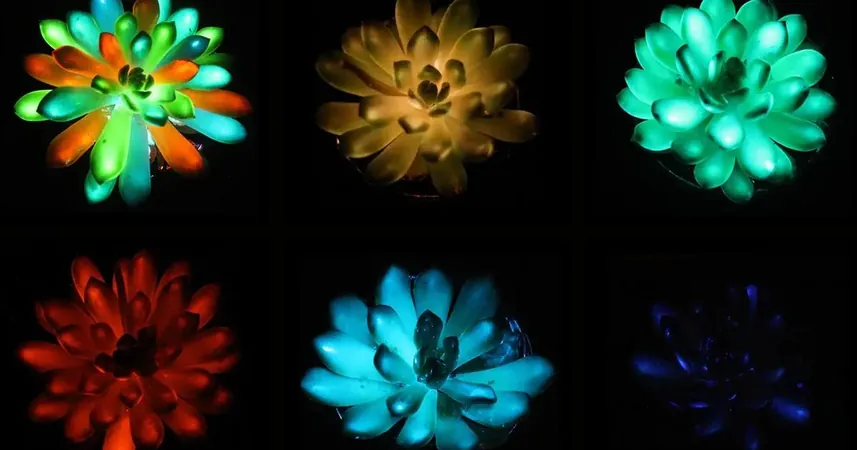

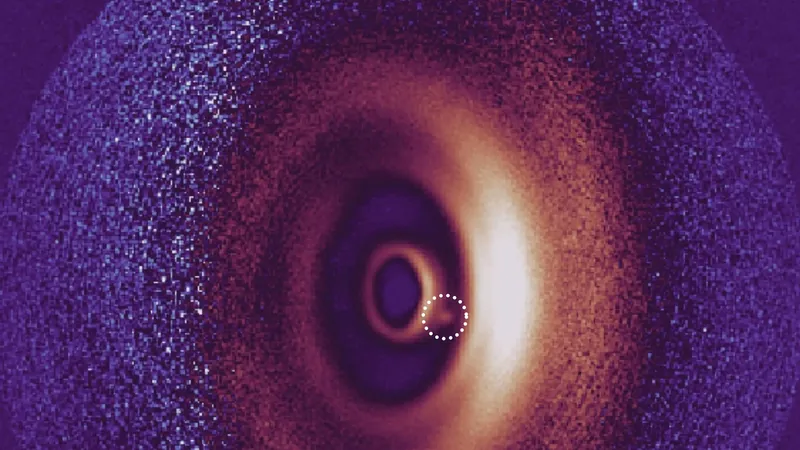
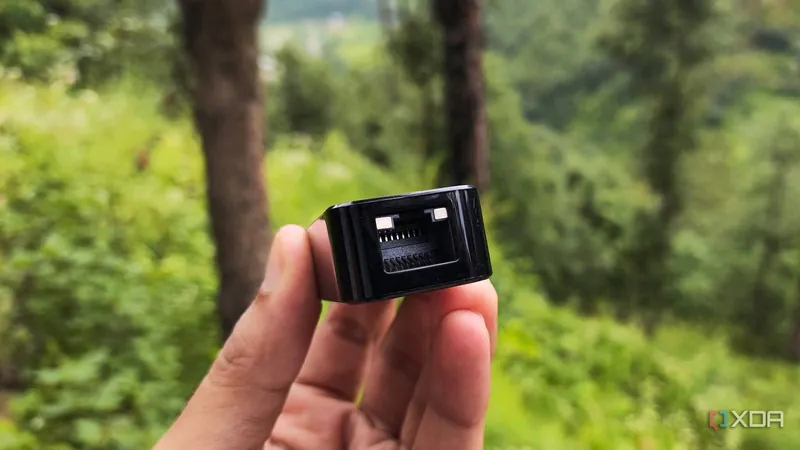
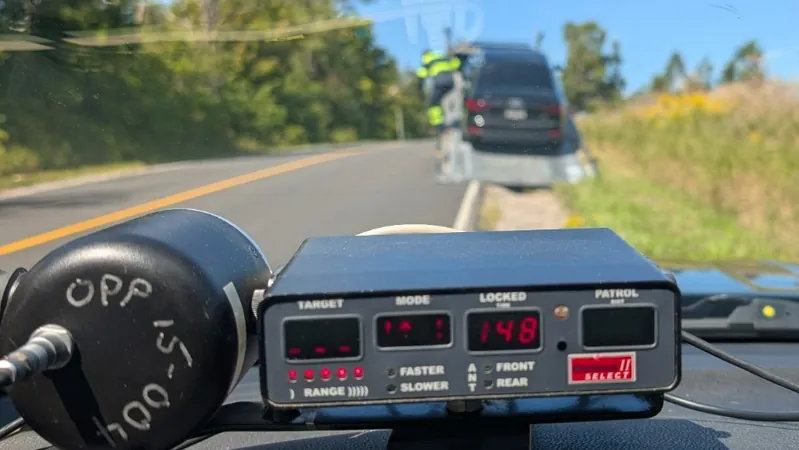
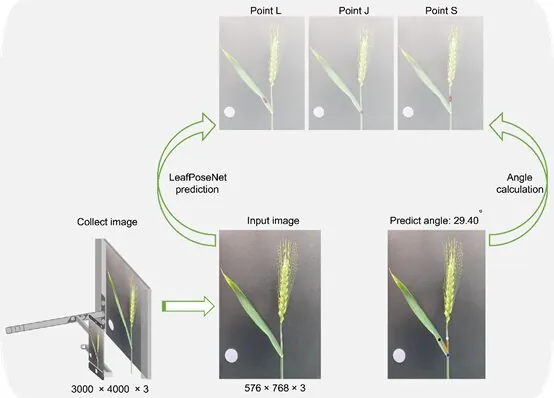
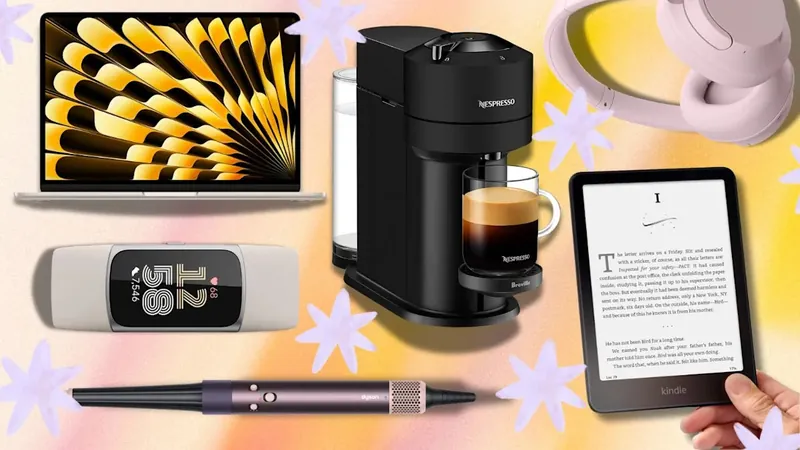


 Brasil (PT)
Brasil (PT)
 Canada (EN)
Canada (EN)
 Chile (ES)
Chile (ES)
 Česko (CS)
Česko (CS)
 대한민국 (KO)
대한민국 (KO)
 España (ES)
España (ES)
 France (FR)
France (FR)
 Hong Kong (EN)
Hong Kong (EN)
 Italia (IT)
Italia (IT)
 日本 (JA)
日本 (JA)
 Magyarország (HU)
Magyarország (HU)
 Norge (NO)
Norge (NO)
 Polska (PL)
Polska (PL)
 Schweiz (DE)
Schweiz (DE)
 Singapore (EN)
Singapore (EN)
 Sverige (SV)
Sverige (SV)
 Suomi (FI)
Suomi (FI)
 Türkiye (TR)
Türkiye (TR)
 الإمارات العربية المتحدة (AR)
الإمارات العربية المتحدة (AR)